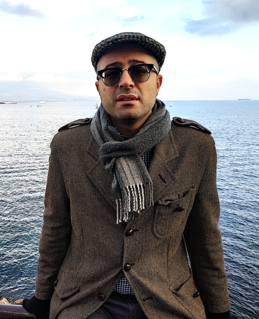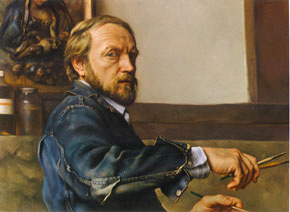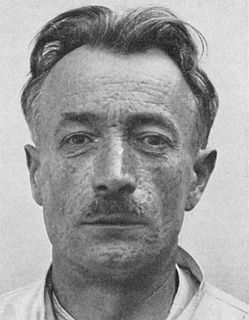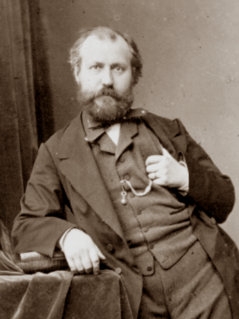A Quote by Mahan Esfahani
I think in Baroque music, especially in the case of Bach, what really transformed Bach's musical language, what changed it for him was hearing Vivaldi, hearing the sort of manipulation of small cells of information and patterns in order to generate sort of huge blocks of harmony.
Related Quotes
I think of music a lot when I paint. The theme of it to a degree is music. So instead of literally putting in music or literally putting in a musical instrument, I use only a hint of the instrument, but the brocaded pattern is like a line of Bach because of its order and the leaves going up are like passages from Vivaldi, and the emphasis on drapery is where the sound comes.
It is against the spirit of our non-discriminating times to openly prefer one sort of music to another, so let's just say that hearing grand orchestral music in a public place is exhilarating in a way that hearing popular music never can be, if only because, in a popular music age, a full orchestra is less familiar to our ears.
One of the tracks that I have is Carl Philipp Emanuel Bach - by the way, that's Bach's second son - Emanuel Bach's variations on "Le Folie." You'll definitely hear - I mean, I think if we listen to, say, the last couple of minutes of that track, there's a wide range of colors that the harpsichord is capable of. And I think, you know, that gives lie to the assumption that it doesn't have that kind of variety. And I think it very much speaks for itself.






























